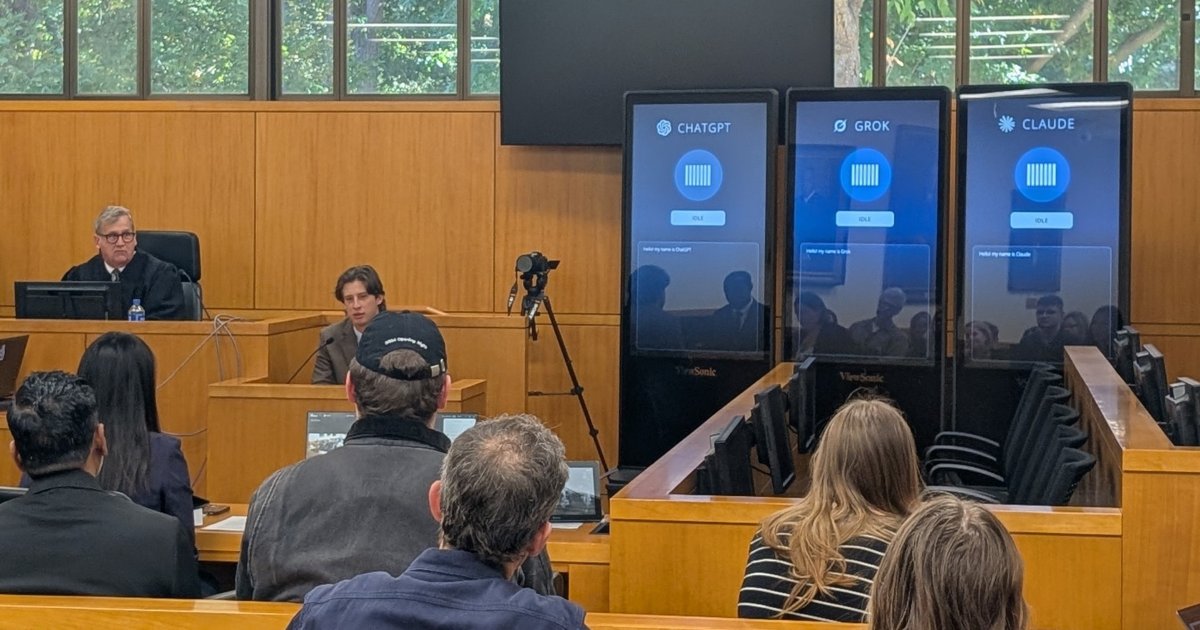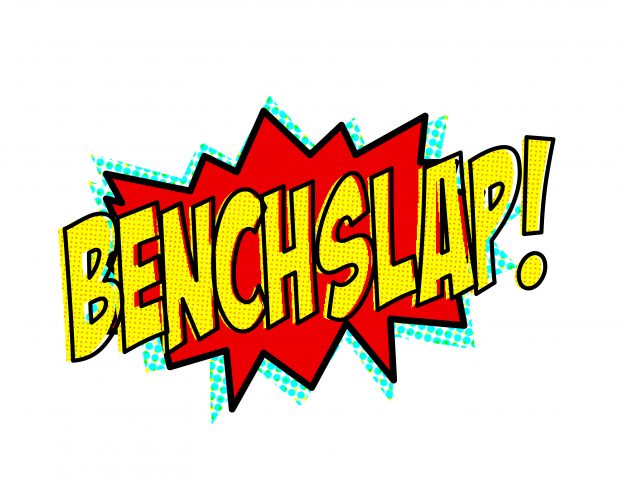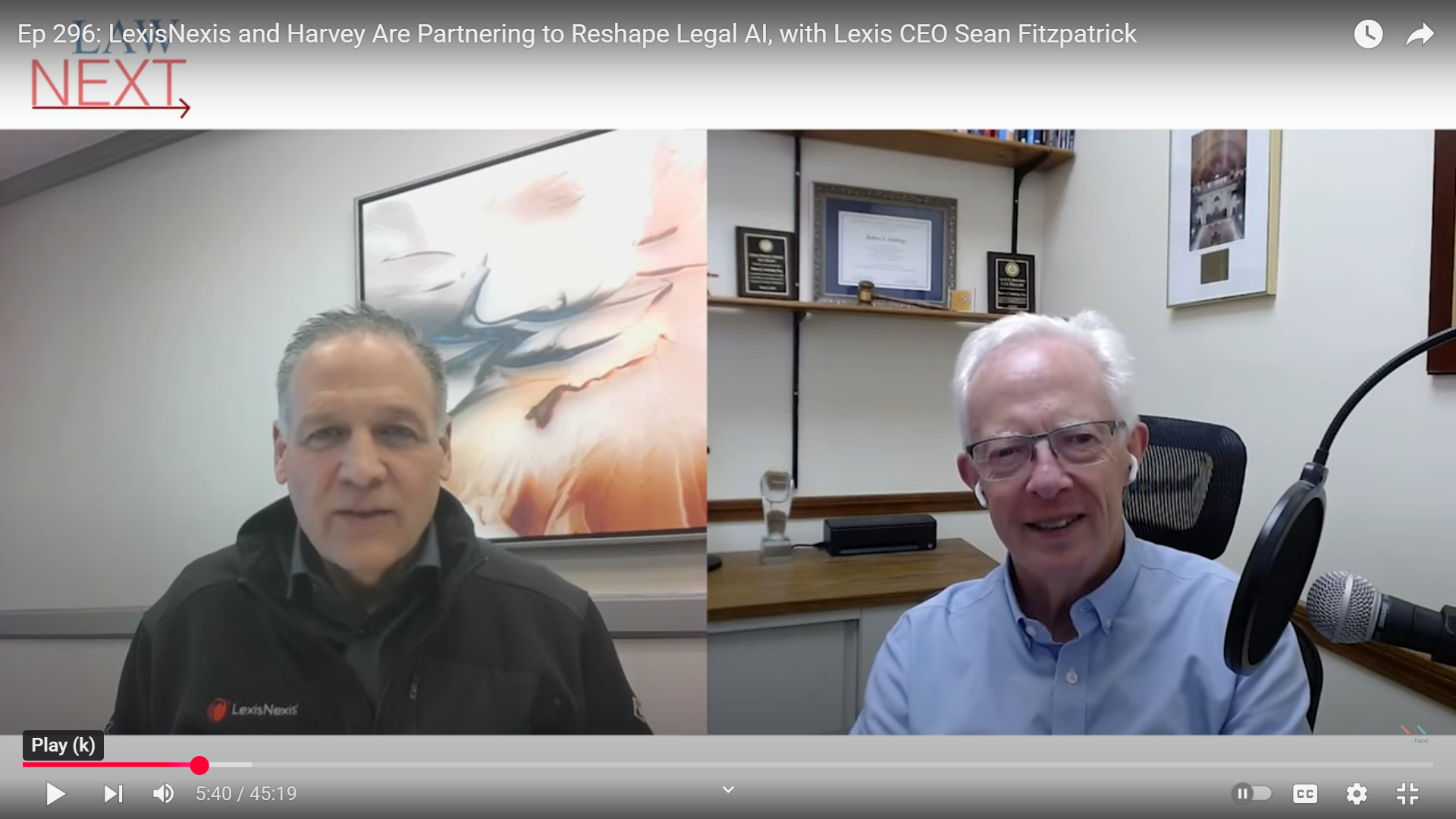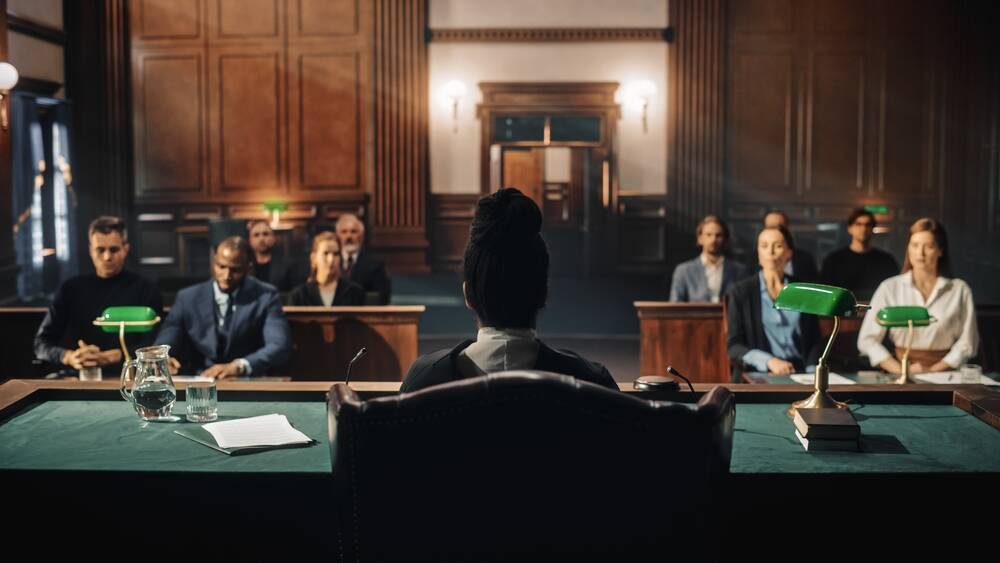#ai-in-law
#ai-in-law
[ follow ]
#legal-technology #legal-ethics #generative-ai #legal-education #access-to-justice #litigation #legal-tech
fromAbove the Law
4 weeks agoAI And The Future Of Legal Work: Augmentation, Not Automation - Above the Law
Every few months, headlines claim that artificial intelligence will soon replace lawyers. However, the reality is more nuanced and intriguing. Despite significant progress, current AI systems still struggle with deep legal reasoning, judgment, and innovative problem-solving. They can summarize information, organize data, and draft documents, but they often struggle to think like a lawyer. Meanwhile, law firms are heavily investing in AI leadership and infrastructure. They are hiring chief AI officers, bringing in technologists from outside the legal field, and creating dedicated AI teams.
Artificial intelligence
fromAbove the Law
1 month ago'AI Is A Public Health Intervention': Kara Peterson On Why Access To Law Is A Justice Issue, Not Just A Legal One - Above the Law
Kara is not a lawyer. Her background is in public health and communications. Yet she now leads a company that has used AI to summarize more than 3.3 million judicial opinions and made them free and publicly available. In our conversation on "Notes to My (Legal) Self," she explained how justice, like health, is a public good. And access to law is one of its critical delivery systems.
Public health
Artificial intelligence
fromLawSites
1 month agoABA Task Force: AI Has Moved From Experiment to Infrastructure for the Legal Profession
Legal profession must shift from debating whether to use AI to governing, supervising, and integrating AI responsibly across practice, courts, education, and access-to-justice.
Artificial intelligence
fromAbove the Law
1 month ago3 Ways Professional-Grade AI Differs From Consumer Solutions - Above the Law
Legal professionals must use professional-grade AI with verified legal sources to ensure accuracy, ethical compliance, defensible decisions, and to prevent hallucinations from consumer-grade tools.
fromAbove the Law
1 month agoHow Artificial Intelligence Is Quickly Changing Case Strategy Development - Above the Law
Law firm litigators are facing a pivotal moment. Caseloads are growing in complexity and volume while client expectations are shifting. Between July and August of 2025, Ari Kaplan Advisors interviewed partners and attorneys at large law firms across the United States. The objective of the research was to understand how litigators and trial lawyers are leveraging technology to stay ahead in a rapidly evolving legal environment.
Law
fromAbove the Law
3 months agoBiglaw Firm 'Profoundly Embarrassed' After Submitting Court Filing Riddled With AI Hallucinations - Above the Law
In yet another case of an attorney failing to check the work performed by AI, Gordon Rees - a firm that brought in $759,869,000 gross revenue in 2024, putting it at No. 71 on the Am Law 100 - found itself apologizing profusely to a judge and all parties affected, saying its attorneys were "profoundly embarrassed" after submitting a bankruptcy filing that was riddled with "inaccurate and non-existent citations."
Law
fromAbove the Law
4 months agoLawyering In The Age Of AI: Why Artificial Intelligence Might Make Lawyers More Human - Above the Law
We've all lost count of the times we've received an email, policy, or memo from a lawyer so "well written" that nobody understands it. It's frustrating, and you want to write back: "Great legal summary - I have no idea what it means." Unfortunately, that's often how legal communications are received by business colleagues and stakeholders: overly complicated, needlessly formal, and disconnected from everyday business needs - not human.
Artificial intelligence
fromAbove the Law
5 months agoInsights On AI And Its Impact On Legal, Part Two - Above the Law
Mollick notes in his book that AI tools have the capacity to create enhanced expertise on anything and everything by everyone and anyone. This dynamic is already playing out in legal practice. Want to be an expert on non disclosure agreements? You can do several AI prompts and get much of what you need to know to get by, at least for more routine questions.
Law
Artificial intelligence
fromZDNET
5 months agoClaude wins high praise from a Supreme Court justice - is AI's legal losing streak over?
Anthropic's Claude can offer high-quality constitutional analysis, yet inconsistent lawyer use and unresolved legal ramifications show the legal profession is still adapting to AI.
fromInside Higher Ed | Higher Education News, Events and Jobs
6 months agoNew Michigan Law Essay Prompt Asks Applicants to Use AI
TO BE ANSWERED USING GENERATIVE AI: How much do you use generative AI tools such as ChatGPT right now? What's your prediction for how much you will use them by the time you graduate from law school? Why?
Education
fromAbove the Law
6 months agoThe Artificial Intelligence Legal Catastrophe Inches Closer To Reality - See Generally - Above the Law
Justice Breyer delivers well-crafted critiques that misunderstand that proponents aren't trying to win the argument, they're trying to have smart people treat them like they have ideas worth engaging.
US politics
fromAbove the Law
7 months agoLaw Review Puts Out Full Issue Of Articles Written With AI - Above the Law
Law professors have avoided generative AI, but the Texas A&M Journal of Property Law is pioneering AI-assisted scholarship for legal writing, acknowledging its inevitable influence.
Artificial intelligence
[ Load more ]




















